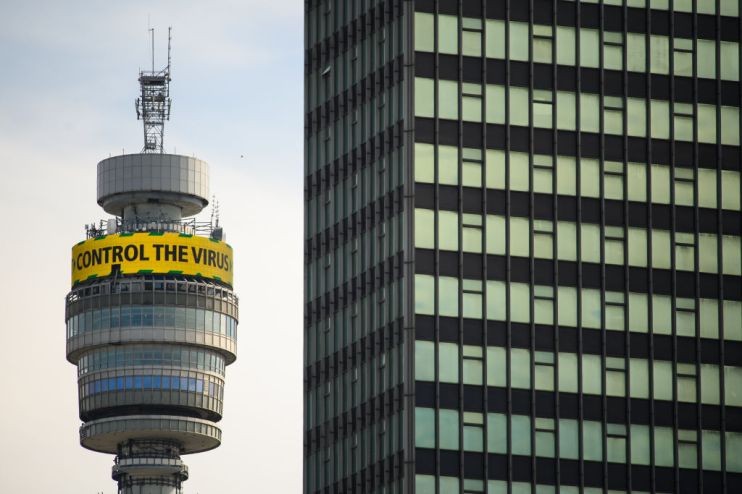Privacy U-turn: NHS tracing app shifted to Apple and Google model

The government has announced it will abandon its previous work on its coronavirus-tracing app to move towards a more privacy-focused model, based on technology developed by Apple and Google.
The UK will follow in the footsteps of others such as Germany in chasing a more decentralised approach. While it has been argued to be more private, it means medical officials will have access to less data.
The NHS Covid-19 app will remain reliant on Bluetooth signals, though the government said the Apple/Google model will still require some adjustment to fit the needs of the Test and Trace system.
For those who have the app, when one person comes into contact with another for an extended period of time, their phones exchange keys. If a person updates their app to say they are experiencing symptoms or have tested positive, it will then anonymously notify the system to provide alerts to all those who the person came into contact with.
The move follows a separate report from the BBC yesterday that former Apple executive Simon Thompson will take over the NHSX project.
“We knew from the start that we would need to test and learn as we developed this new technology,” said health secretary Matt Hancock in a statement.
“As we enter this next phase of research and development we remain determined to continue in our ambition to develop an app which meets the technical, security and user needs of the public and which can complement the NHS Test and Trace service.”
A second phase of rolling out the app was delayed last week by the DHSC, following a trial launched on the Isle of Wight six weeks ago. Health minister Lord Bethell told MPs yesterday that the app was “no longer a priority”, adding that it might not be ready before winter.
“There were widespread fears the UK government was losing sight of ethical responsibilities in the rush to develop these tools, and this change in line with other European nations is therefore welcome,” said Caroline Stihler, chief executive of the Open Knowledge Foundation.
“But this late U-turn means it is likely the UK will be waiting even longer for an app to be in use, which could pose a greater risk if there is a second wave of the virus.”
Similar hiccups have been run into in other countries. Norway was forced to delete all data and suspend its app entirely, after its data regulator said officials had failed to describe why collecting location data was necessary.
Outside of the app, the NHS Test and Trace system has made 44,895 contacts with people who may have come into contact with a positive coronavirus case as it enters its third week, but missed one in four infected patients.
An investigation by the New York Times last night revealed a trend of mismanagement and shortcomings by those employed to reach out to contacts by the system, as tracers struggle to get to grips with the process.